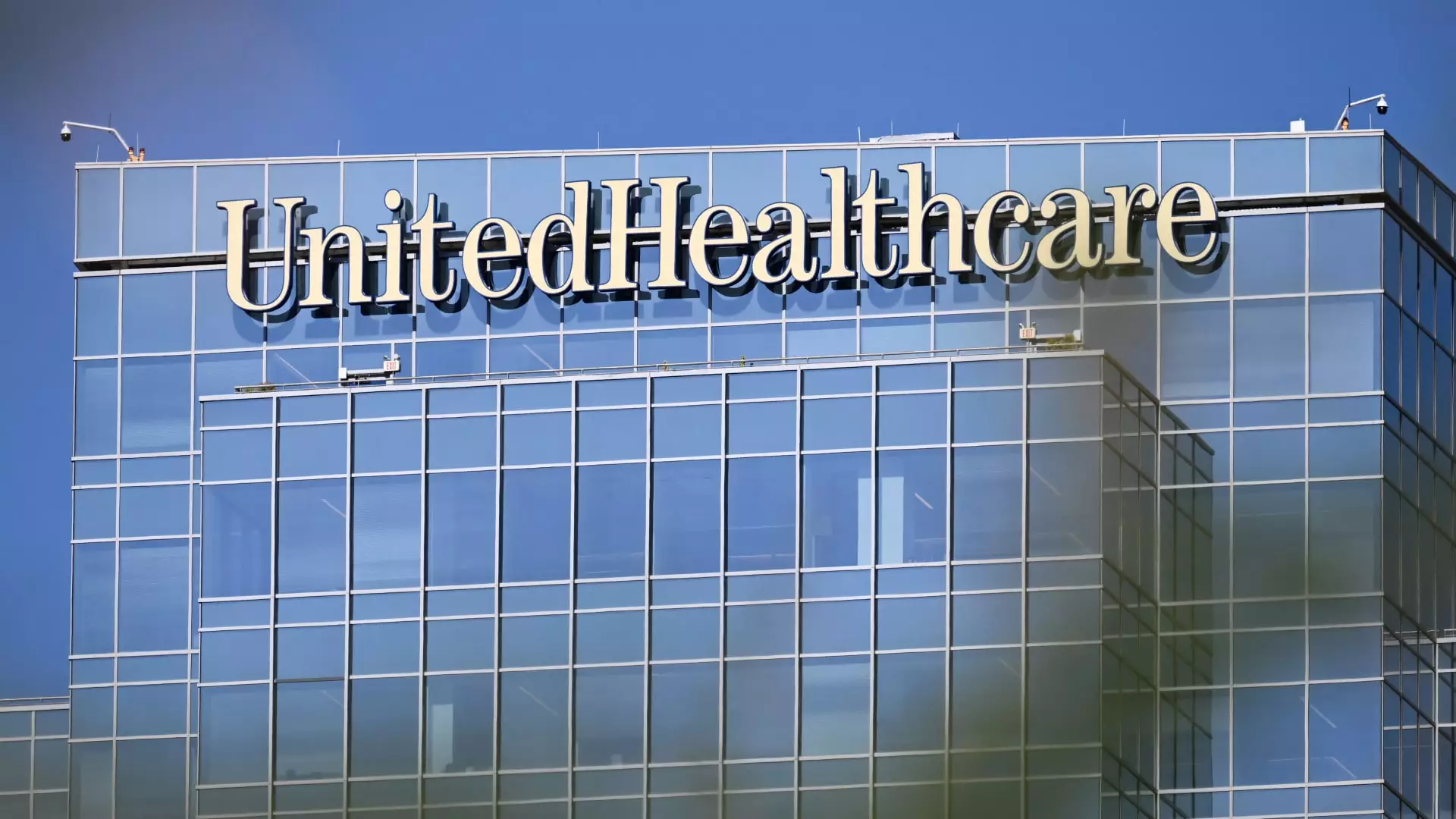The landscape of health insurance in the United States recently experienced a seismic shift following tragic events that left both the industry and its stakeholders searching for answers. The appointment of Tim Noel as the new CEO of UnitedHealthcare after the shocking killing of former CEO Brian Thompson serves as a poignant reminder of the vulnerabilities inherent in executive leadership within the corporate world. This change not only marks a pivotal moment for UnitedHealthcare but also sheds light on the broader challenges and expectations that will define the health care industry moving forward.
Tim Noel brings a wealth of experience to UnitedHealthcare, having been part of the organization since 2007. He originally oversaw Medicare and retirement services, a sector that has become increasingly pivotal in ensuring sustainable growth and profitability for health insurance companies. The circumstances surrounding Thompson’s death left an indelible mark on the company culture; companies are now reevaluating the safety of their executives and taking proactive measures to protect their leadership teams. This shift cannot be overlooked, as it encapsulates the broader unease pervading an industry grappling with issues of safety and public perception.
The healthcare industry is witnessing a widening divide between those who favor reform and those who are deeply entrenched in the existing, and often lucrative, business models. The murder of Thompson sent shockwaves throughout the organization, leading to calls for a reassessment of ethical practices and operational transparency. Following the incident, executive security measures have intensified, reflecting the heightened concern over the future of healthcare leadership.
Under Noel’s leadership, the focus will be on navigating the complexities of Medicare Advantage plans—one of the key revenue streams for UnitedHealthcare. Given that this sector has seen escalating costs, particularly as more seniors access delayed medical procedures in the wake of the COVID-19 pandemic, the financial pressures on both the company and its beneficiaries are palpable. Managing this delicate balance between keeping costs down while ensuring quality care will be a formidable task for Noel.
Data indicates that nearly 13.7 million patients are served by UnitedHealthcare’s Medicare and retirement unit, making it responsible for a significant portion of the nation’s Medicare beneficiaries. This scale demands not only efficient operational strategies but also an empathetic understanding of the continuous changes in patient needs and expectations. The challenge ahead will revolve around redefining how medical care is delivered and ensuring that operational practices remain aligned with patient interests.
UnitedHealth Group CEO Andrew Witty maintains that the current U.S. healthcare system needs reform, stating it must become “less confusing, less complex, and less costly.” However, this raises critical questions—what does reform entail in practice, and how can a for-profit entity effectively contribute to this change while safeguarding its revenue streams? Witty’s acknowledgment that lower prices and improved service may compromise profits reflects an uncomfortable truth: the healthcare industry often operates on a model that prioritizes revenue over patient care.
The implications for UnitedHealthcare, as it grapples with its identity in the aftermath of a leadership crisis, are particularly significant. The erosion of public trust following Thompson’s death ties directly to perceptions of corporate accountability and transparency in health care. Consequently, this might push the company to adopt a more consumer-focused approach to regain favor among beneficiaries and those advocating for systemic change.
As Tim Noel steps into the role of CEO amidst this turbulent backdrop, his performance and strategy will be closely scrutinized. The company’s recent financial results reflect the ongoing challenges within its insurance business, which underperformed relative to market expectations. UnitedHealthcare’s growth prospects now hinge on its ability to innovate, respond to patient needs, and realign its operational focus.
The path forward will not be easy. However, with Noel’s extensive experience combined with a renewed focus on ethical leadership and patient-centered care, the company may have the opportunity to emerge from this crisis stronger and more resilient. It remains to be seen how effectively UnitedHealthcare can navigate this new era in health care—one that increasingly demands accountability, compassion, and a commitment to reform.


Leave a Reply